Companies and Brands
Discover 9 Stores Like Zara: Best Alternatives And Affordable Options
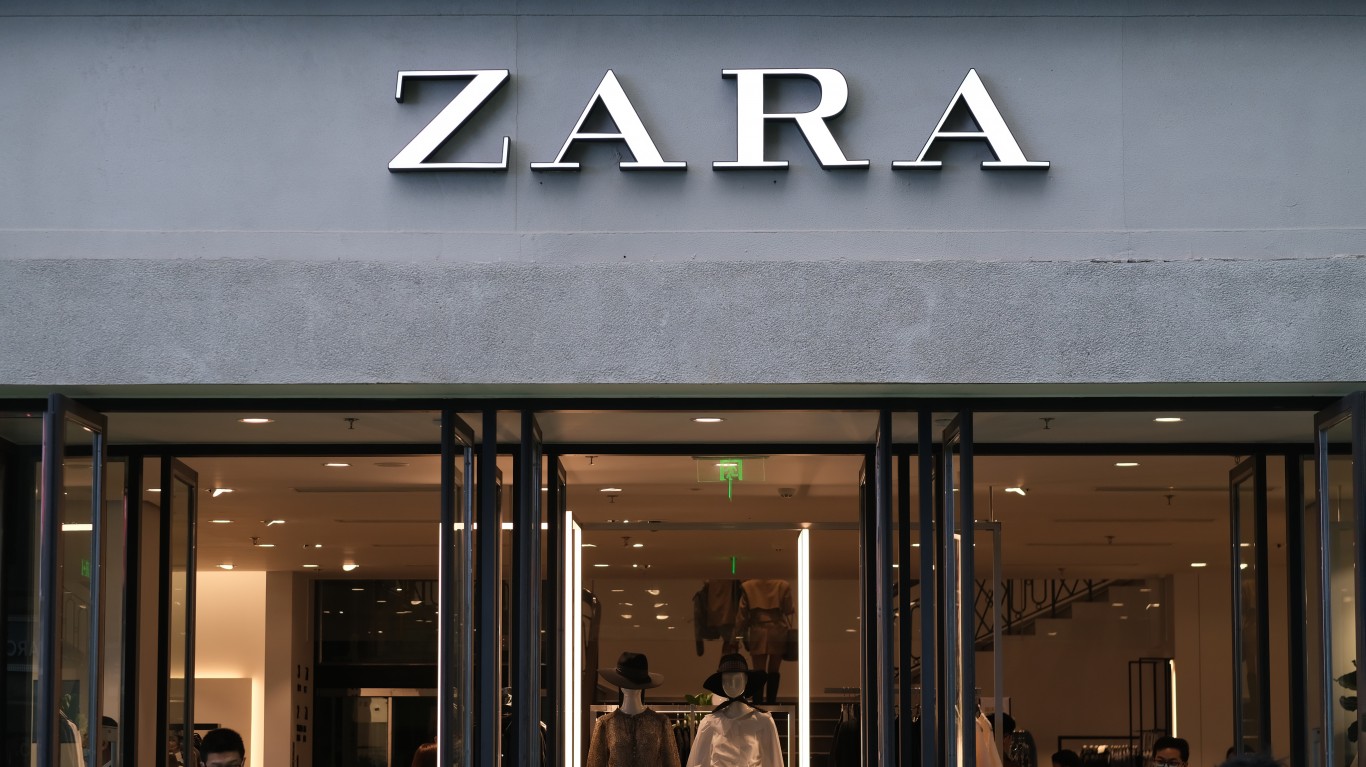
Published:
Last Updated:

Even if you’re only barely interested in the world of fashion, chances are you’ve heard of Zara. But how much do you actually know about it and its famous fashion?
Zara is one of the top companies in the fast fashion industry. With its European-esque and chic clothing, it is an accessible option for common consumers to participate in the latest styles and fashions. Zara boasts a lead time (the time it takes for a garment to go from the drawing boards to the sales rack) of only 14 days. This fast consumerism is cheap and convenient, but it is taking an unfortunate toll on our planet and the poor.
If you’re conflicted about supporting an industry that is incredibly inhumane and destructive to our planet yet can’t seem to stop window shopping the latest Zara fashions, we put together a list of some of the best alternatives to help you in your struggle.
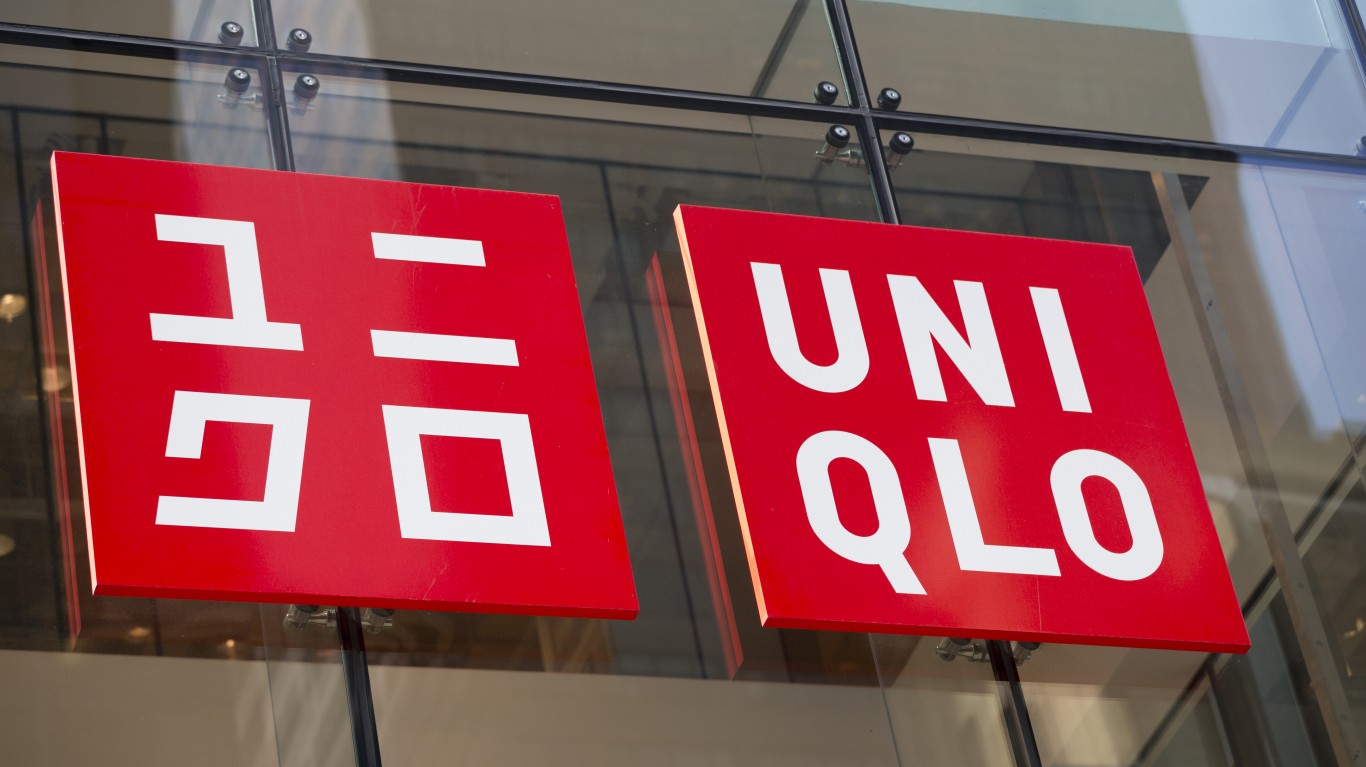
Fast Fashion is the industry of cheaply produced and low-priced garments that attempt to copy the latest runway styles. They are produced quickly to maximize profit from current trends. It is a popular way for middle to lower-class consumers to access the latest fashions in their price range.
It’s not a secret that the fast-fashion industry is contributing to human exploitation, environmental destruction, and climate change. Of all major industries, fast fashion is the second largest consumer of fresh water and produces 10% of all carbon emissions. That is more than all international flights and all maritime shipping combined. So, instead of worrying about where Taylor Swift is flying on her jet, maybe take a look in your closet.
Over 85% of all fast fashion textiles end up in a dump each year, with many styles being worn once or twice only before being tossed in the trash. Because most of these clothes are poor quality, simply washing them releases 500,000 tons of microfibers into the ocean each year. That’s the equivalent of 50 billion water bottles.
Besides consuming large amounts of non-renewable energy, the pollution generated from textile dyeing is the world’s second-largest polluter of water. The water left over is often dumped illegally into ditches, streams, or rivers which can then poison water sources for already vulnerable communities.
With the seemingly unlimited fashion options available today for the average consumer, we are buying 400% more clothing than we were 20 years ago. That equates to around 82 pounds of textile waste each year for the average American.
If that weren’t enough of a reason to say farewell to fast fashion, large groups of workers are often exploited for their labor. Poor people are often forced to work for extremely low pay in dangerous working conditions. Investigations have even found some companies using forced child labor.
So, what is the alternative to fast fashion? Slow fashion. Slow fashion includes shopping at second-hand stores, purchasing customized clothing, renting garments, and purchasing from sustainable brands. Sustainable brands can trace their downline and ensure that workers are being fairly compensated and treated well. Because of this, the quality of sustainable clothing far exceeds anything sourced from fast fashion brands. It lasts so much longer and is made from non-toxic materials.
For our list of Zara alternatives, we looked at how companies source their fashion, the quality of their clothes, and company history. While there are many options, we limited our list to some of our favorite (yet still affordable) brands.
Here are nine stores like Zara that we think are the better alternatives.
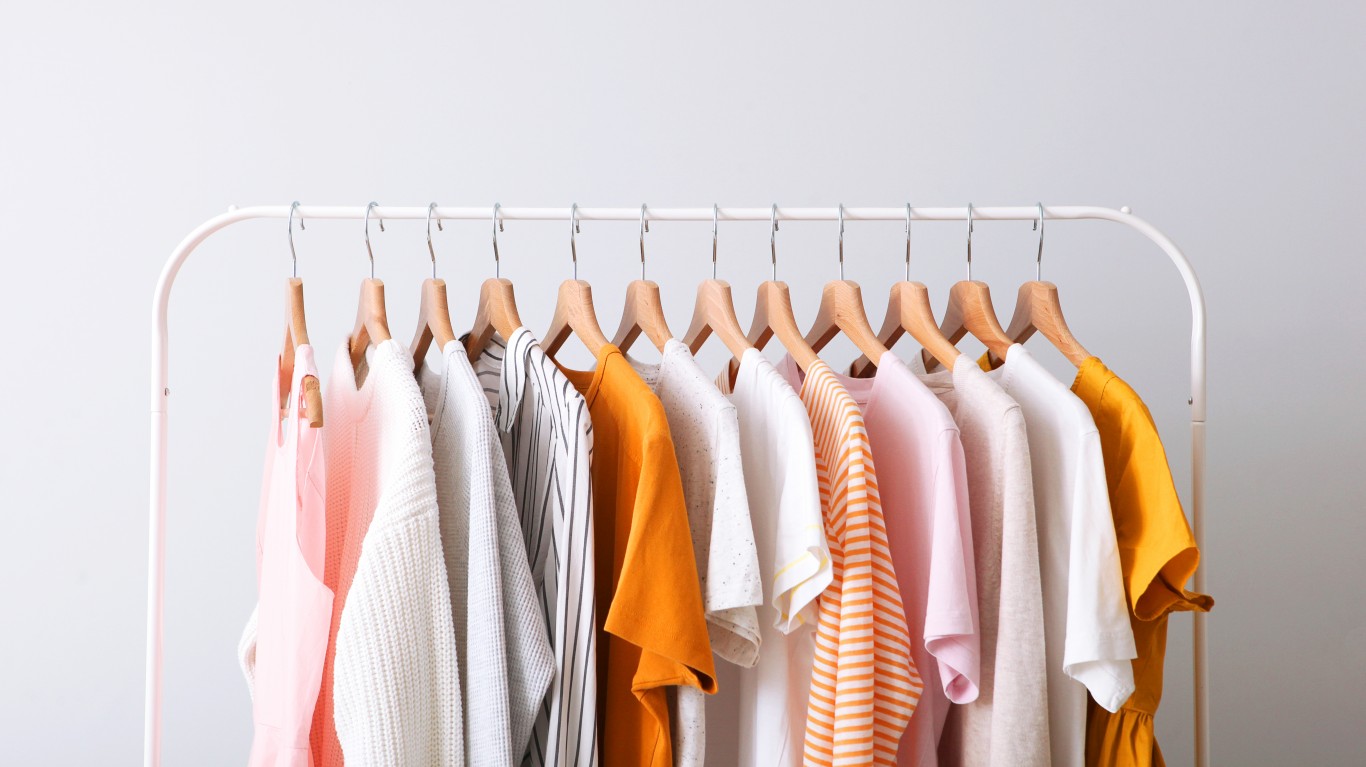
Giving a second life to clothing is one of the easiest and most affordable ways to rebel against the fast fashion industry. Want to help the planet without leaving your house? Give ThredUp a chance.
Our reviewers love ThredUp!Their online platform is a combination of a thrift store and a consignment shop where users can sell their gently used clothing instead of contributing to fashion waste.
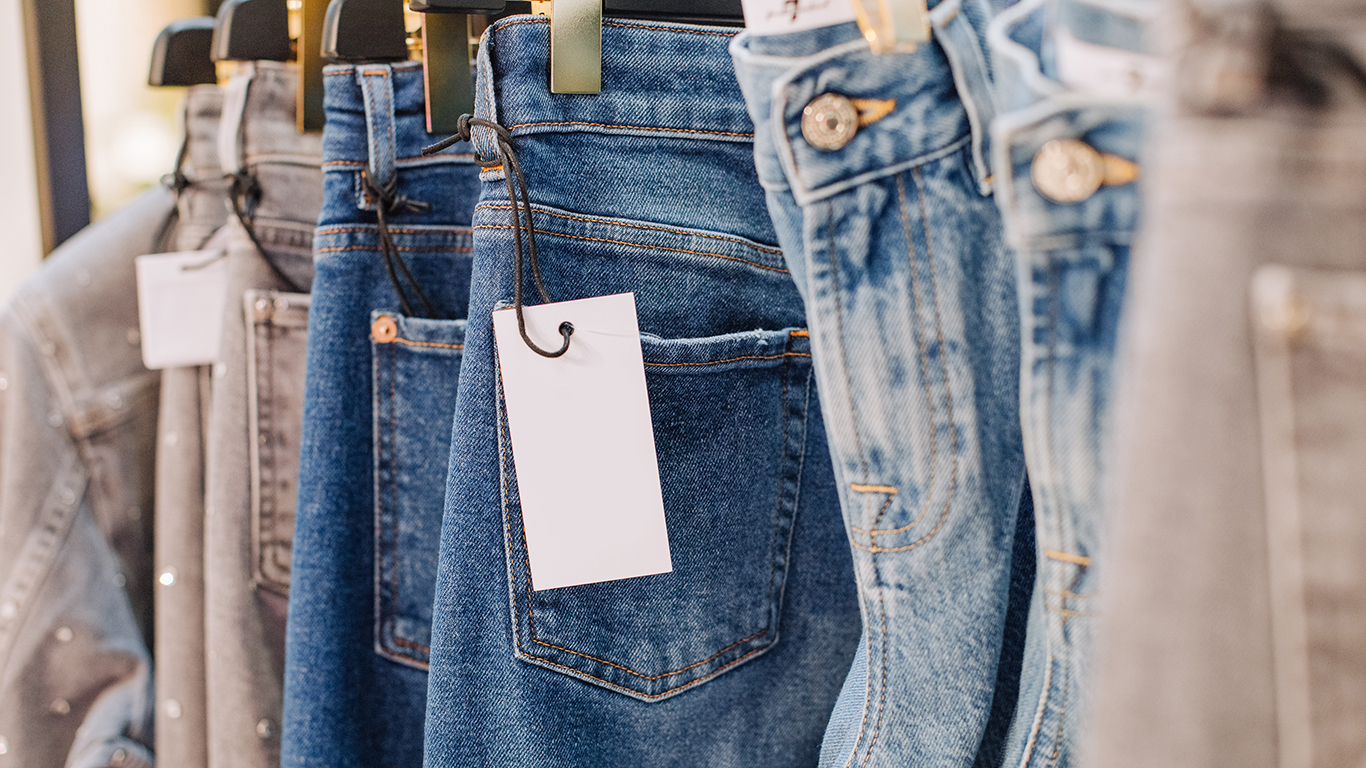
ThredUp commissions independent research firms to study the environmental impact of purchasing used garments instead of new ones, releases an annual resale report, and teams up with creators to upcycle clothing that doesn’t get sold. We love the transparency.
Additionally, ThedUp partners with celebrities and influencers so that consumers can shop the closets of their favorite para-social relationships. Why not make some money while you source that new sustainable wardrobe?
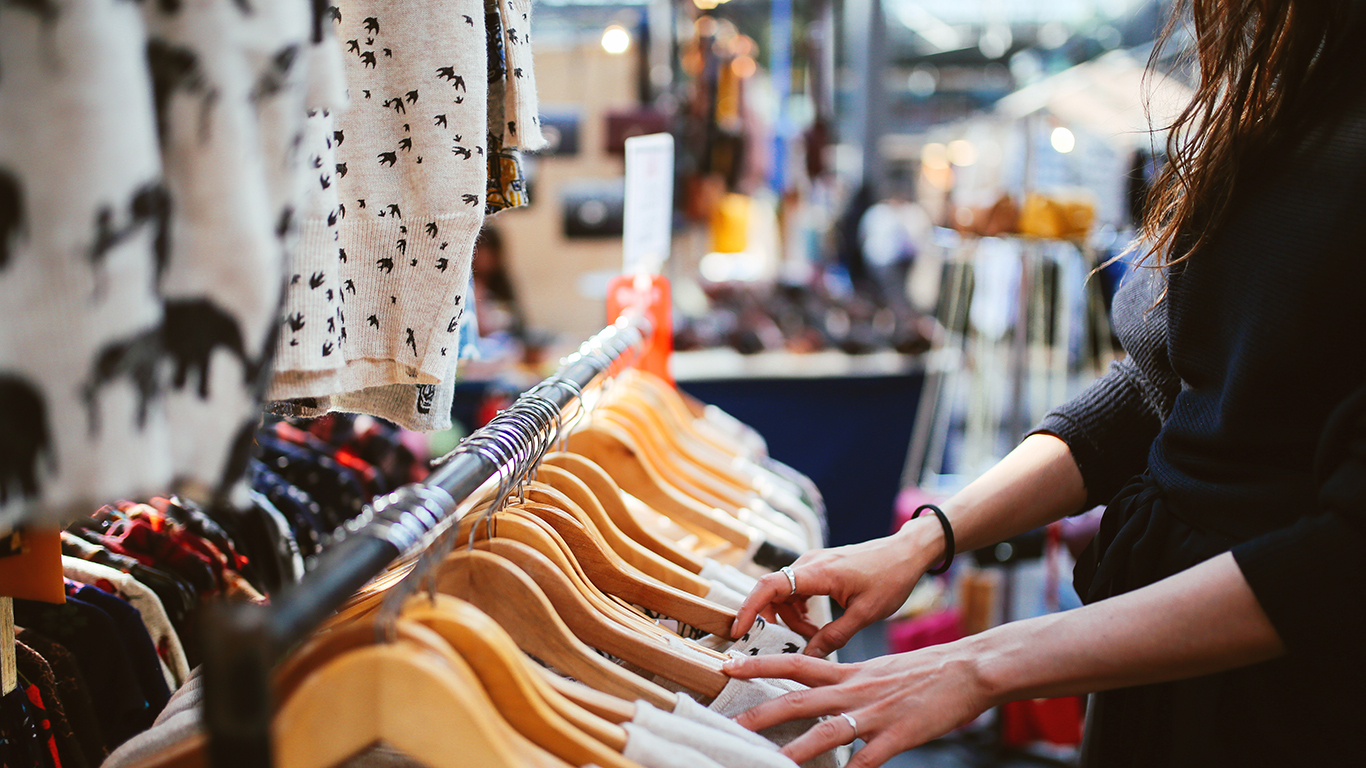
Want to look like you belong at a fancy dinner without spending a month’s pay on a new gown? Consider renting your stunning ensemble from Girl Meets Dress. This UK-based company rents a wide array of designer-grade garments from wedding dresses, prom dresses, ball gowns, and even hats.
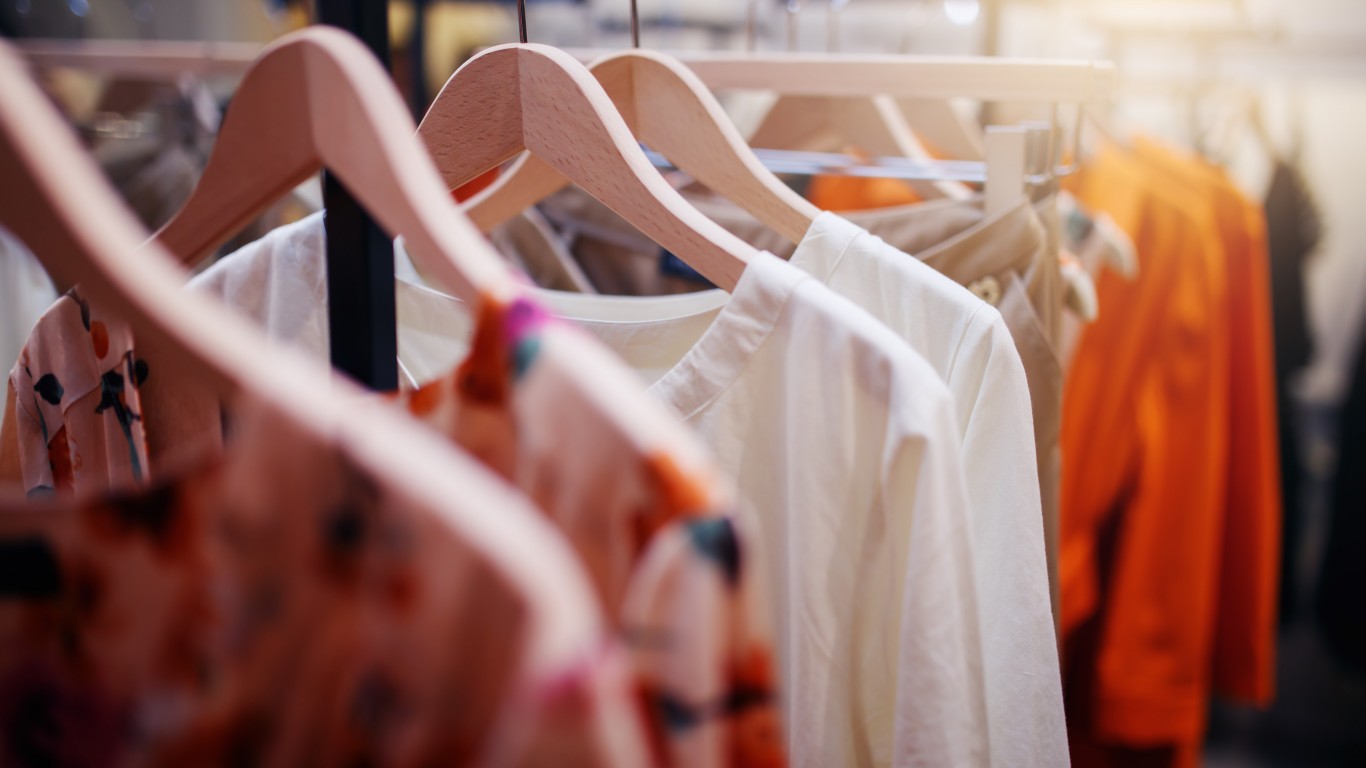
Girl Meets Dress also has a lovely selection of maternity dresses for active mothers-to-be. With the option to pay as you go, or pay for a membership that sends you three dresses each month, it has price points that work for anyone. Girl Meets Dress boasts options from more than 150 high-end designer brands, free shipping, free returns, and dry cleaning. There really isn’t an excuse to not participate in the circular economy of clothing rentals.
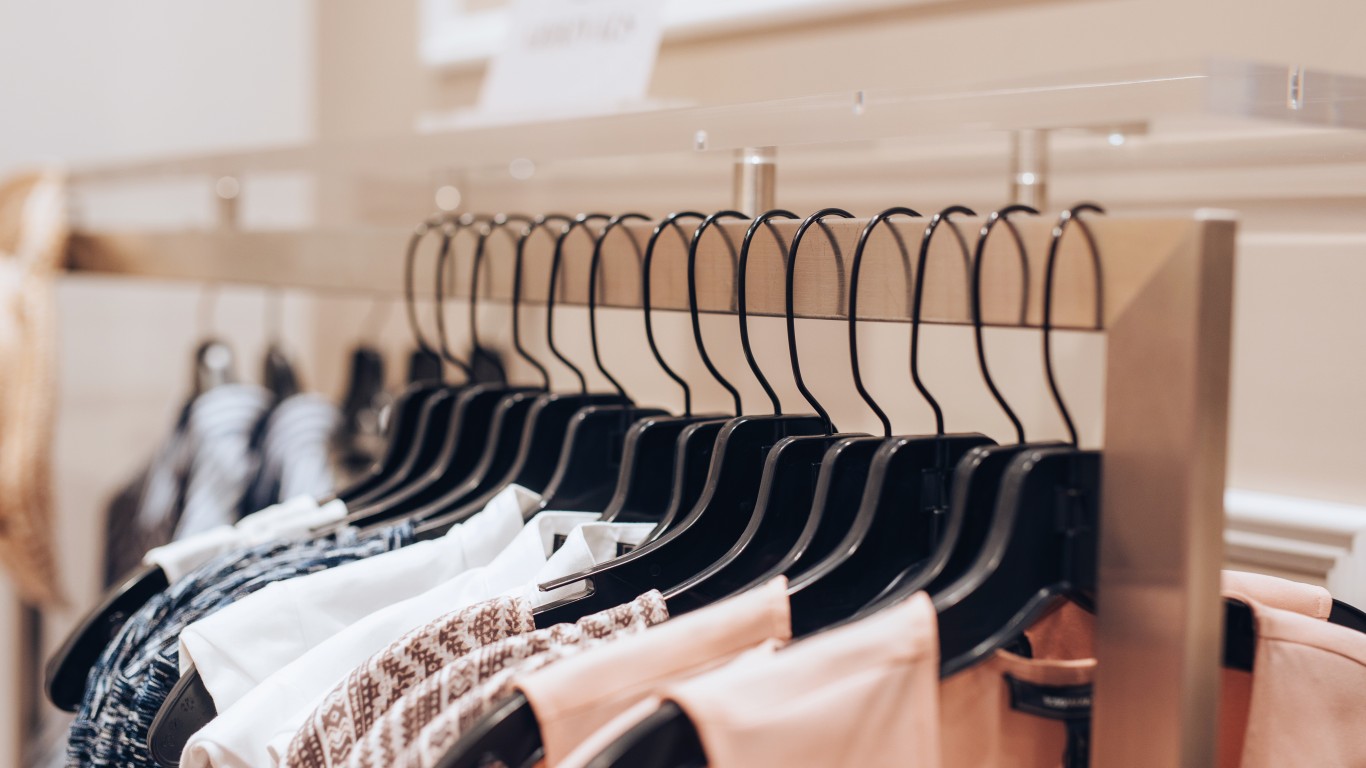
Love Girl Meets Dress but don’t live in the UK? Rent the Runway is a good U.S. alternative. Besides clothing for special occasions, Rent the Runway’s team of curators also supplies everyday wear, workwear, and vacation wear. There are options for accessories and plans to meet your needs. Lists of trending brands and designer options are a fantastic way to find clothing without the commitment.
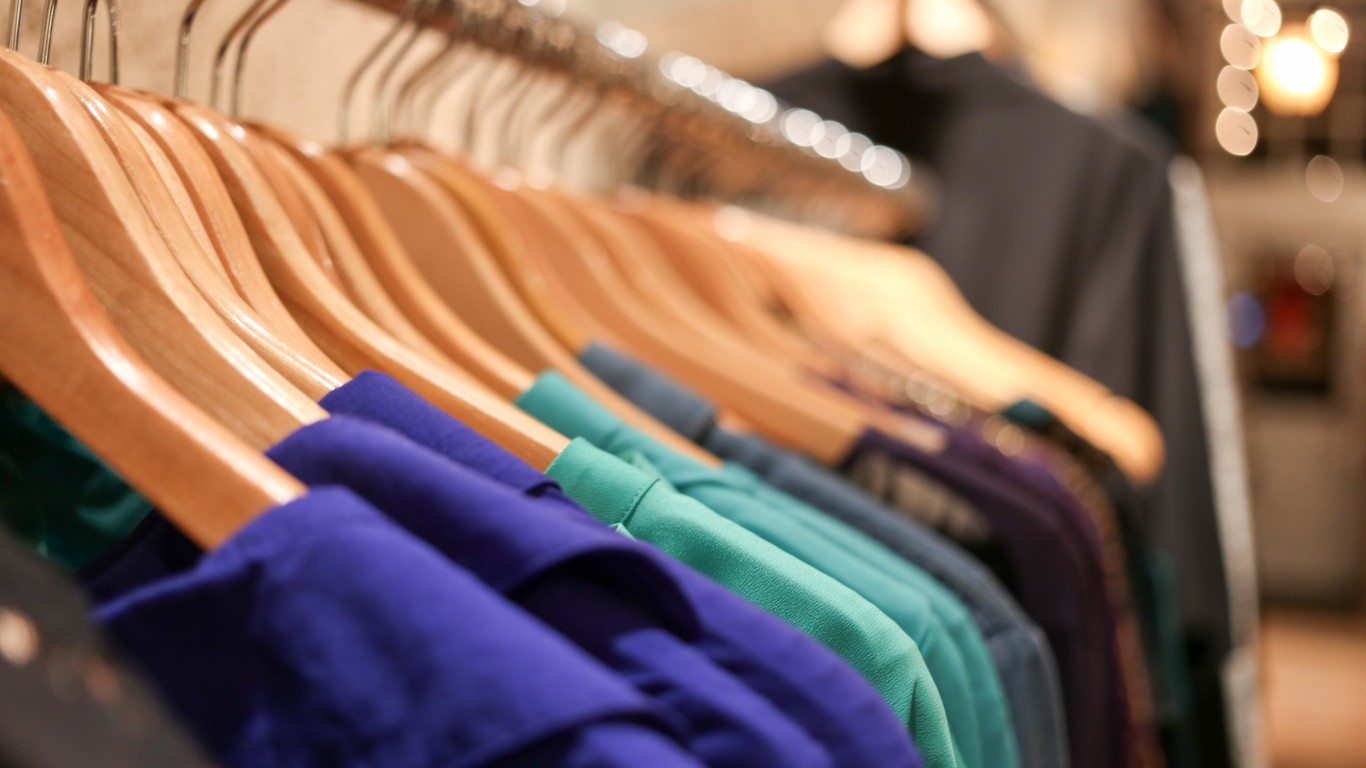
Rent the Runway makes it easy and fun to keep your wardrobe fresh, new, and sustainable. Rental subscriptions start at just $89 per month, with event designer rentals starting at just $30. It also offers regular deals for rentals, so keep you eyes peeled for options to try something new.
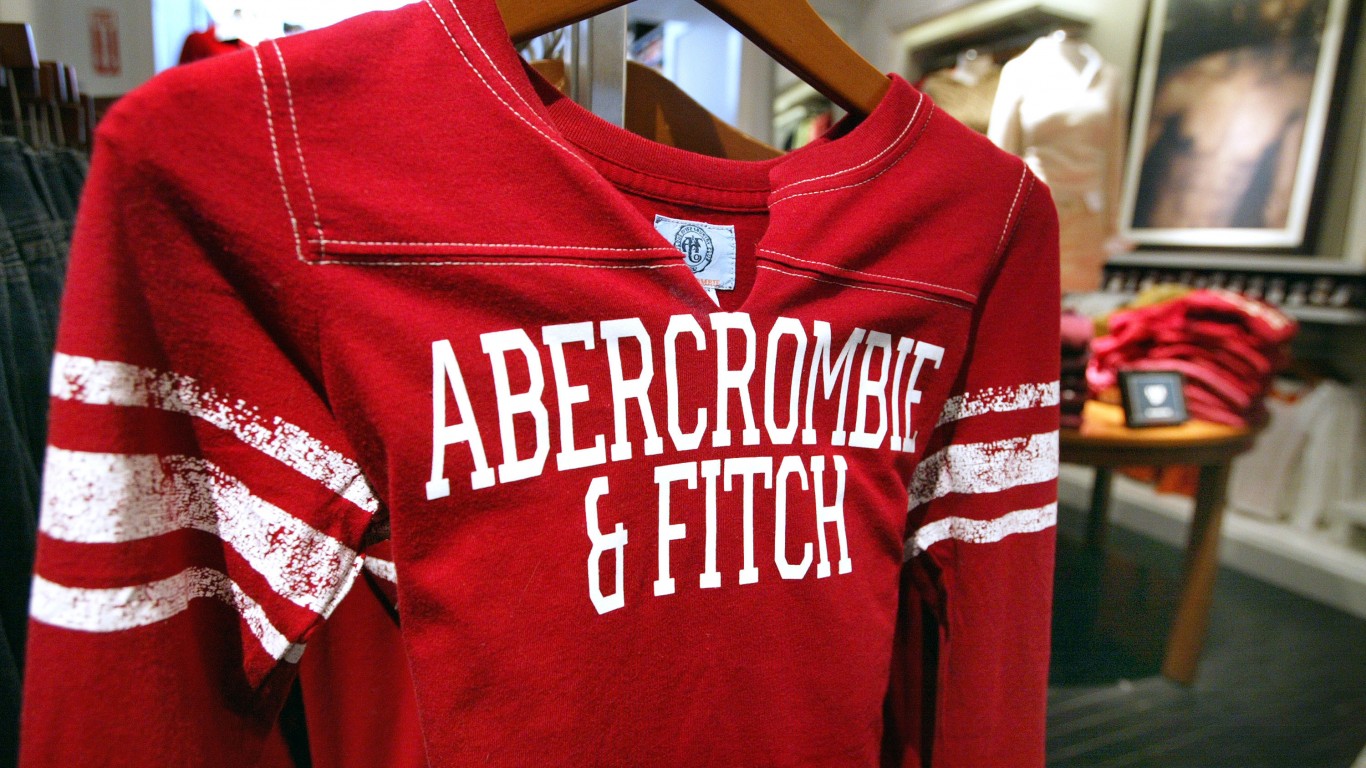
Girlfriend is one of our favorite options for sustainable fashion brands. We love Girlfriend for their activewear made from recycled polyester sourced from post-consumer water bottles. Girlfriend’s options include an impressive collection of sports bras, leggings, outerwear, gender-neutral sweats, and even activewear dresses.
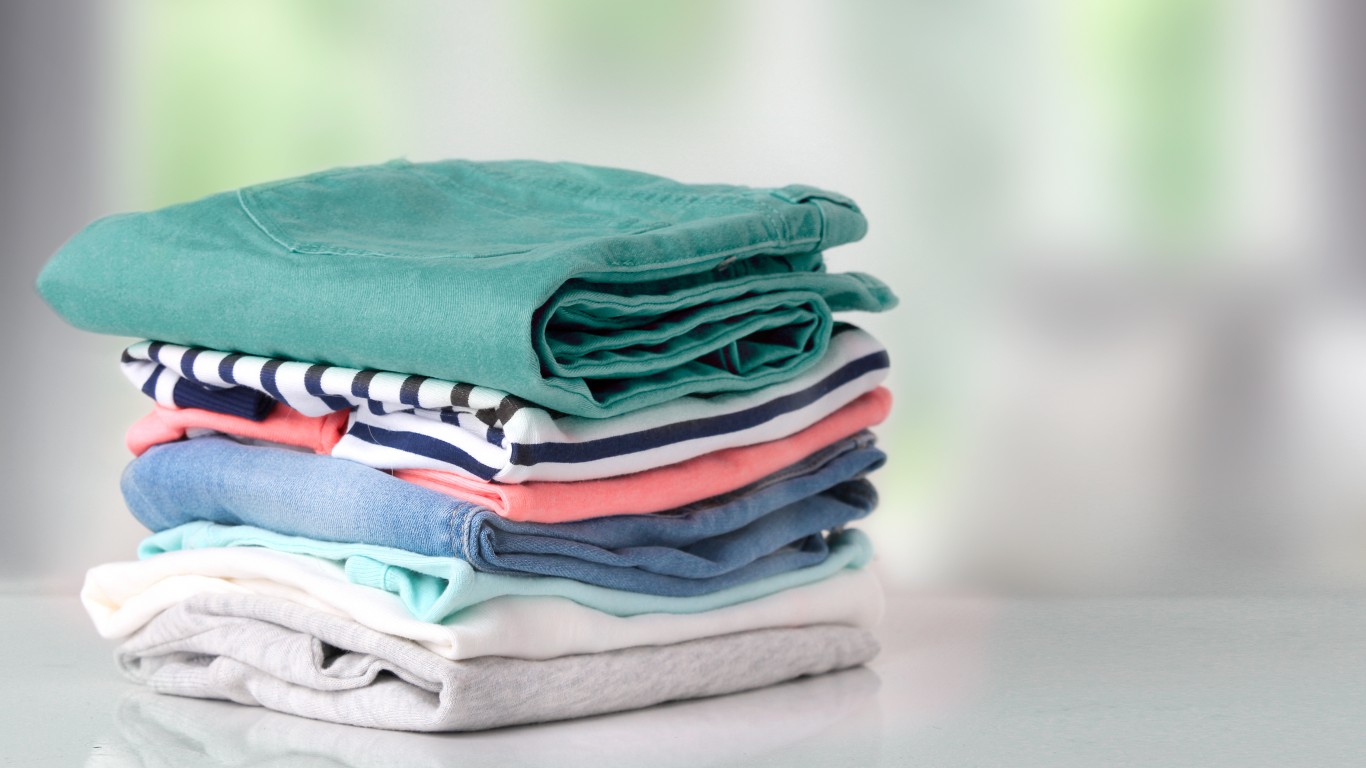
Girlfriend’s commitment to opt out of the crude-oil-produced synthetic activewear game is an option we especially appreciate. It boasts a closed-loop manufacturing process, third-party verification of their sustainability practices, and include a much larger range of sizes to accommodate bodies of all types, not just the runway models.
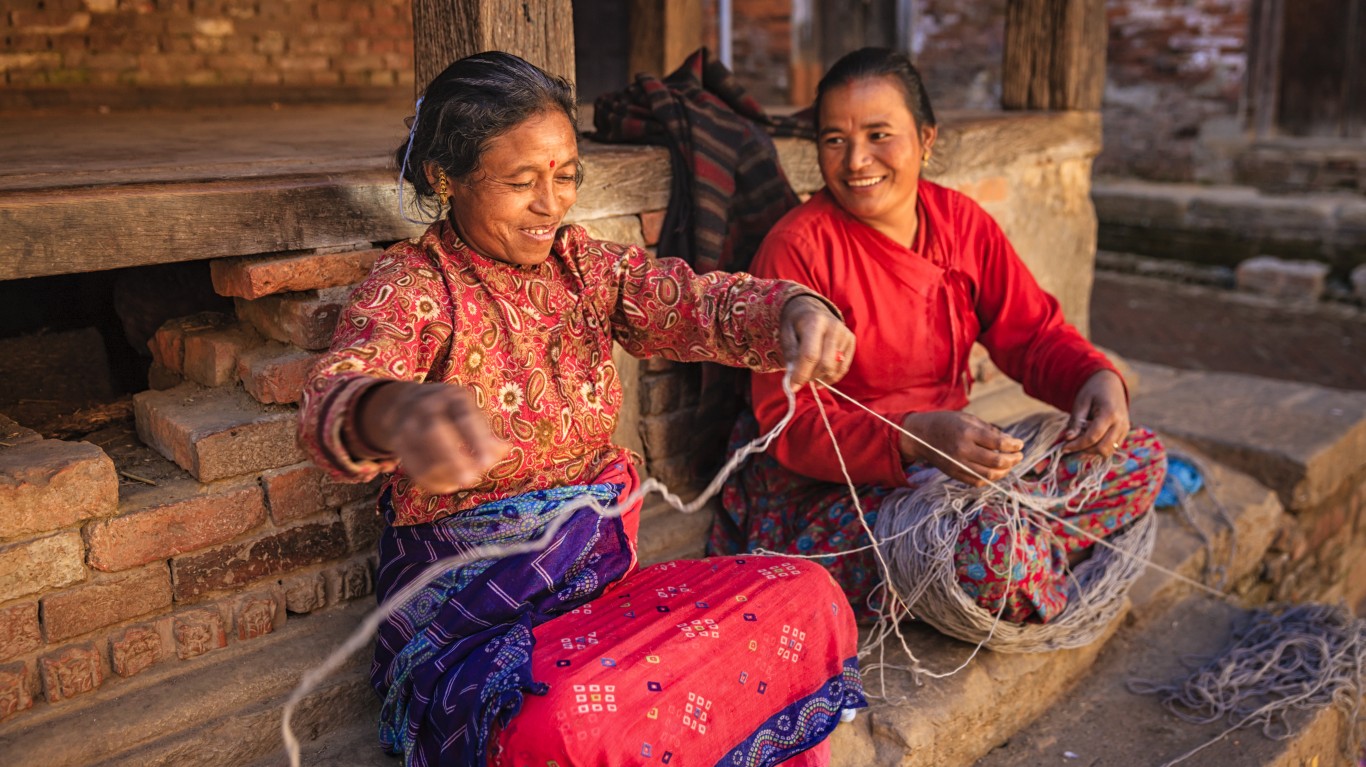
Looking for a leader and expert in sustainable clothing? Look no further than People Tree.
People Tree is one of the pioneer fashion brands that has been committed to sustainability and ethical production since 1991. It partners with the Kumbeshwar Technical School in Nepal to make their clothing out of sustainable sheep wool.

Even though it is London-based, it will ship anything to the U.S. for just $28. People Tree is Fair Trade Certified by The World Fair Trade Organization, the Global Organic Textile Standard, and even PETA for its animal-free supply chain.
Fall in love with People Tree’s luxurious linen, timeless styles, and cotton basics, and spend your money on the change you want to see in the world. An active and regular clearance section allows you to buy steeply-discounted clothing if you don’t mind being at the forefront of fashion every year.
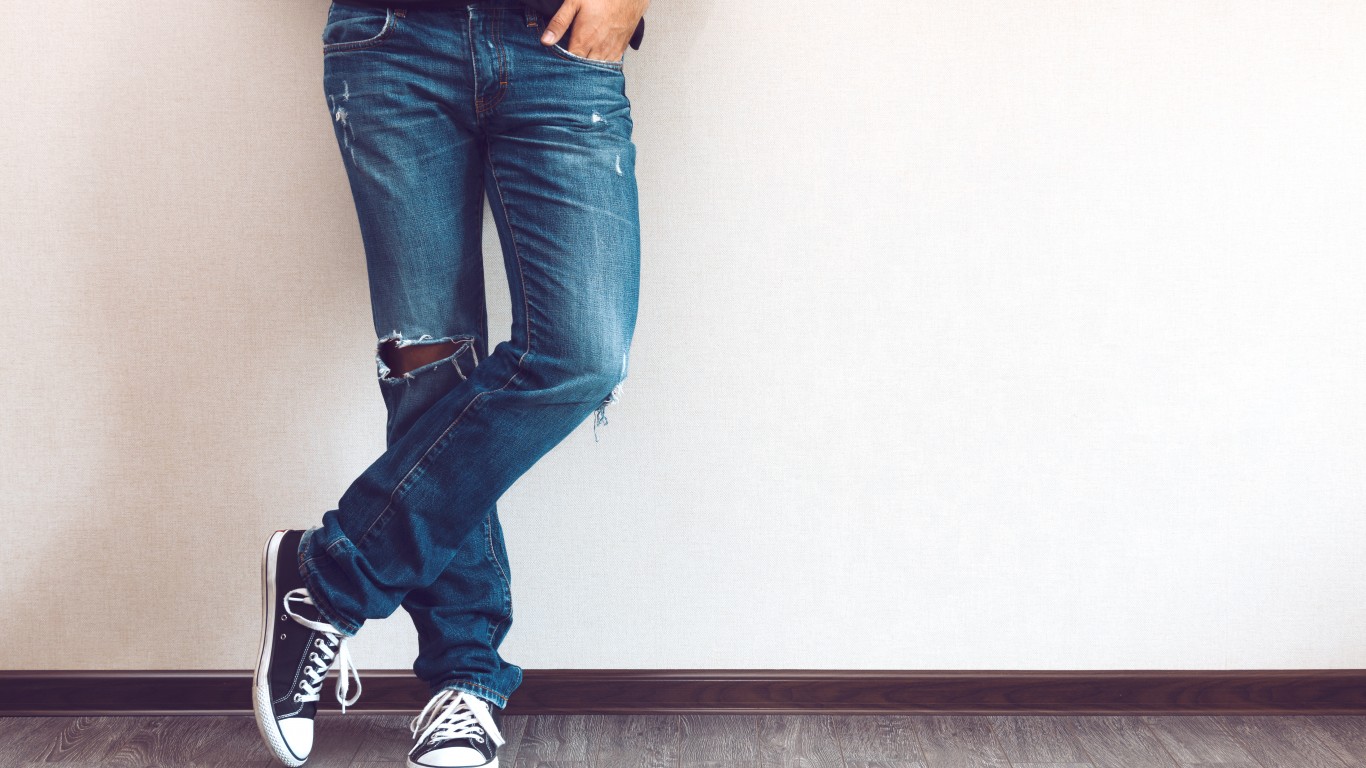
Looking for some more masculine sustainability? Look no further than the Ministry of Supply.
With comfortable but sharp aesthetic clothing to suit you at work, while you travel, and commute, Ministry of Supply is one of our favorite sustainable menswear brands. After its success, it has even started adding womenswear to their collection. Its commitment to fabric innovation contributes to the high durability and quality of its clothing.
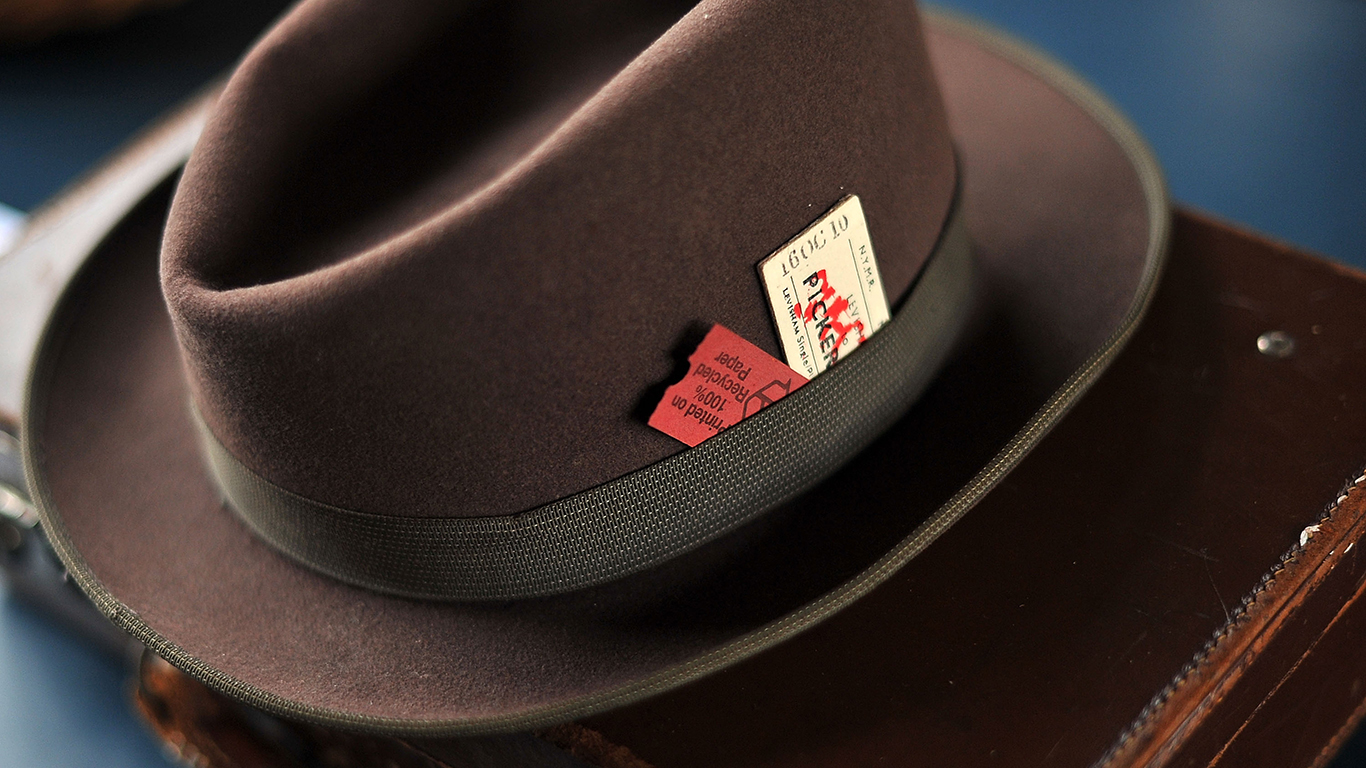
Ministry of Supply’s garments are made from an array of materials from NASA Phase Change Material to washable Merino wool. Not sure where to start? Don’t worry. They also offer virtual shopping appointments with the co-founder, design director, and head of concierge themselves. This climate-neutral certified brand is committed to investing in innovative projects to reduce its carbon footprint.
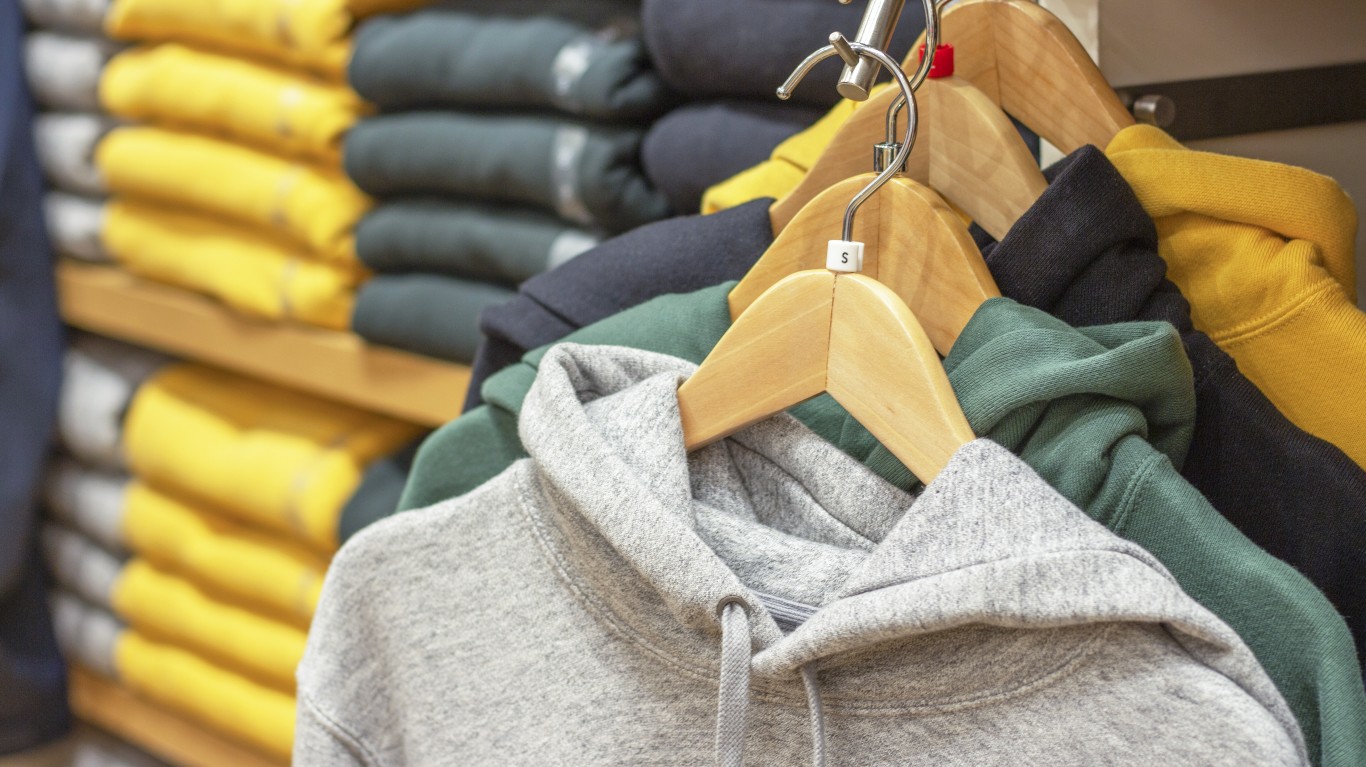
Are you just looking for something comfy that you can relax in with a clear conscience? Outerknown has you covered. With their selection of Stylish T-shirts, outwear, bottoms, and accessories, they will have you ready to jump into any of life’s adventures knowing that your clothing was made by fairly paid workers every step of the journey.
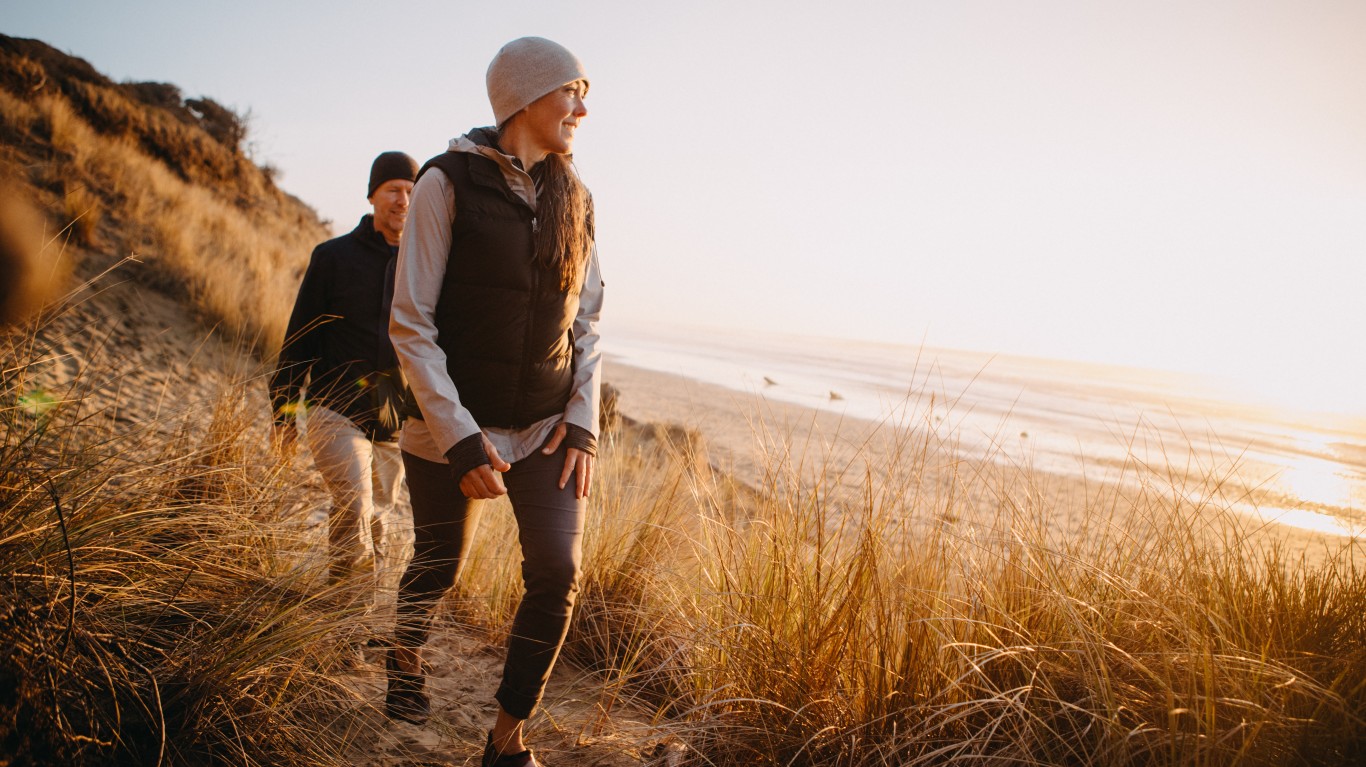
Outerknown is Fair Labor and Fair Trade Certified and has recently moved 67% of its supply chain to ensure that every supplier it works with prioritizes and respects human life. It uses organic cotton, hemp, recycled cotton, and responsible wool among other sustainable fibers. Outerknown has also recently expanded into womenswear.
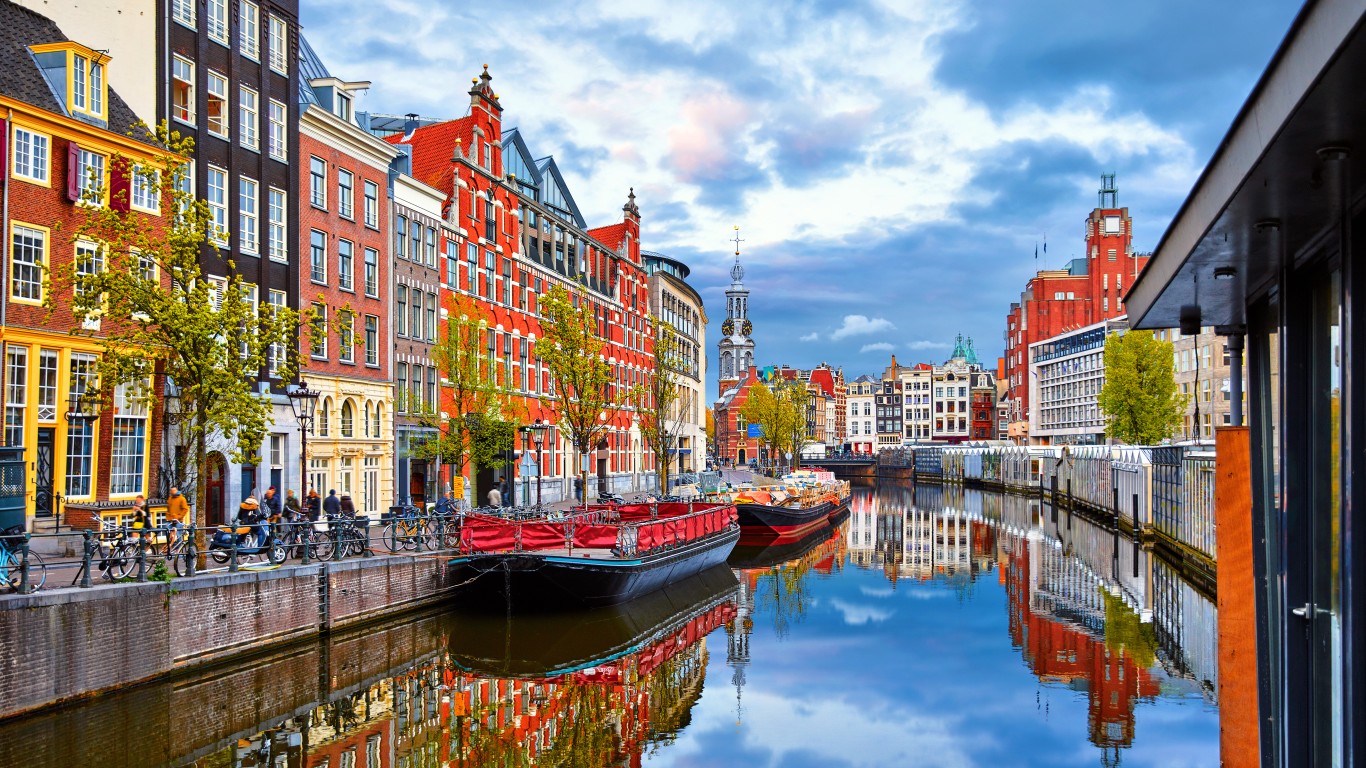
One of the hardest things about modern parenting is finding sustainable, durable, non-toxic, and ethically-made clothing. Jackalo is a Netherlands-based brand that ships worldwide and offers unique reinforced clothing designed to withstand the constant chaos of playtime. Jackalo founder, Marianna Sachse, created the brand out of the frustration of the short lifespan of her children’s clothing, and the constant need to acquire bigger sizes as her children grew. A sentiment that is truly relatable to parents worldwide.

To support a healthy culture of reuse and repair, Jackalo offers discounts to customers who send back their used Jackalo clothing for upcycling or repair It also offers credit for trade-ups.
Jackalo clothing truly grows with your child, and endures all of their adventures, wherever play takes them. Its goal of creating a completely circular kids’ clothing brand strong enough for active kids that is also gentle on the environment is accomplished with its use of organic cotton and deadstock fabric (deadstock fabric is overstock or surplus fabric from fashion production, keeping it out of landfills).
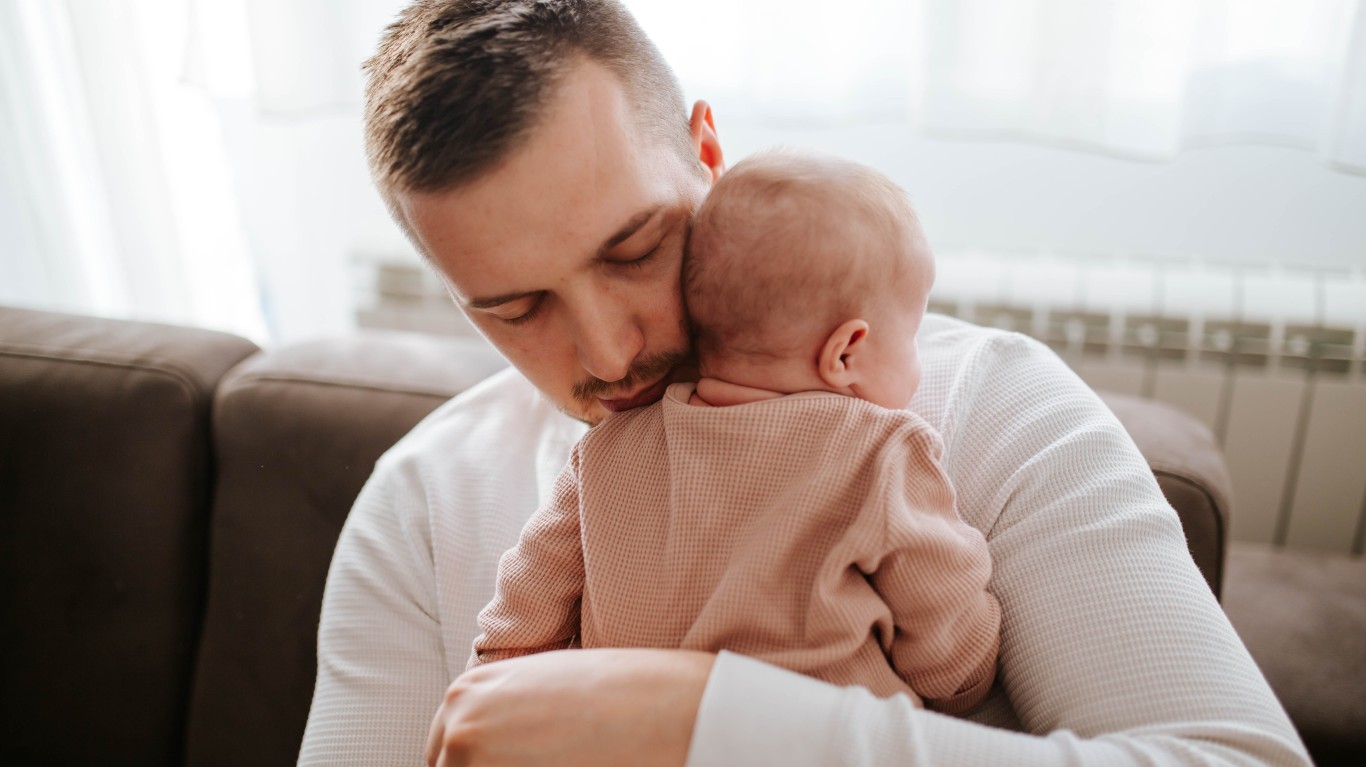
For protecting the health of our newest humans, Monica + Andy is our go-to baby brand. Besides its joyful designs, it is also committed to providing families with helpful resources. Monica + Andy grows their parenting community by offering classes, events, and products as well as high-quality clothing for moms and babies.

Some of Monica + Andy’s classes include Infant CPR, Baby Bandstand, dance camps, and even prenatal yoga at a variety of their locations nationwide. Monica + Andy boasts an impressive team made up of 95% women and 80% mothers. This Chicago-based, minority-run company knows how to provide your baby with the softest and safest apparel that is Global Organic Textile Standard Certified. It has recently expanded into Maternity wear, Toddler, and kid sizes.
Retirement can be daunting, but it doesn’t need to be.
Imagine having an expert in your corner to help you with your financial goals. Someone to help you determine if you’re ahead, behind, or right on track. With SmartAsset, that’s not just a dream—it’s reality. This free tool connects you with pre-screened financial advisors who work in your best interests. It’s quick, it’s easy, so take the leap today and start planning smarter!
Don’t waste another minute; get started right here and help your retirement dreams become a retirement reality.
Thank you for reading! Have some feedback for us?
Contact the 24/7 Wall St. editorial team.